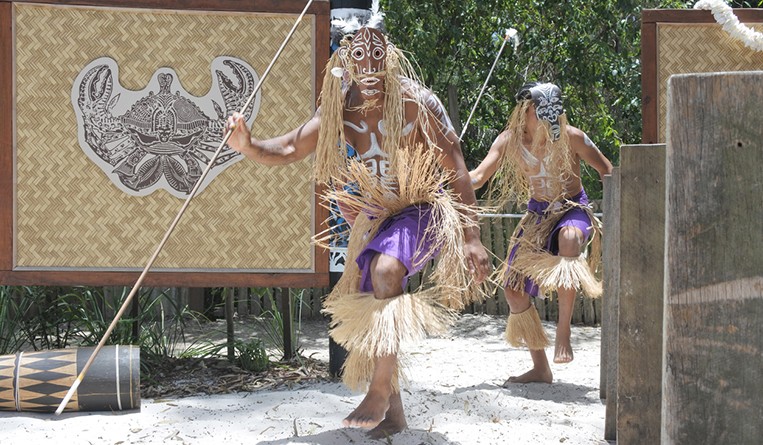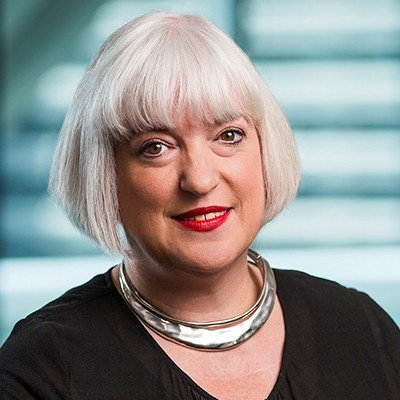IP Australia to form Indigenous Knowledge Panel, welcomes applications from Indigenous community
28 June 2024

IP Australia is forming an Indigenous Knowledge (IK) Panel pilot to assist the office in its mission to protect the IK of Aboriginal and Torres Strait Islander peoples in the country and allow them to benefit from it.
Aboriginal and Torres Strait Islander peoples are two distinct cultural groups in Australia that constitute its Indigenous peoples.
Among the IK Panel’s responsibilities are to provide advice with regard to policies and legislation and take part in the evaluation of IP applications involving IK.
For this purpose, IP Australia is welcoming applications from members of these two cultural groups to become part of the IK Panel. Three slots in the panel are open to Aboriginal and Torres Strait Islander peoples, including the position of chair. Applicants should have relevant expertise and experience in IP rights and legislation, Aboriginal and Torres Strait Islander culture and knowledge, community engagement and business or legal matters. The last day for filing of applications is August 7, 2024.

Marion Heathcote, Principal, Davies Collison Cave. Sydney
IP Australia’s move to create the panel complies with the UN Declaration on the Rights of Indigenous Peoples, which states under Article 31.2 that the effective measures of states to protect and recognize the exercise of Indigenous IP be done in conjunction with Indigenous peoples.
“The purpose of the panel is to ensure that Aboriginal and Torres Strait Islander peoples are considered within the IP system,” explained Marion Heathcote, principal at Davies Collison Cave in Sydney. “As an ideal, it is essential that the recognition and protection of Indigenous Cultural and IP be driven by those who are its custodians. To the extent that our current IP system is engaging in any advice, recommendations, assessments, understanding and awareness raising, this needs to be both informed by and driven with Indigenous peoples at the helm. The IK Panel looks to work to address this.”
“The IK Panel pilot will operate for three years, during which time it is expected to shape a modality for its ongoing role and relevance. An assessment of the panel’s success will be both in the extent it is heard and in the effective changes it is able to make to how things are currently done,” added Heathcote.
For more on the IK Panel pilot and to file your application, click here.
- Espie Angelica A. de Leon






